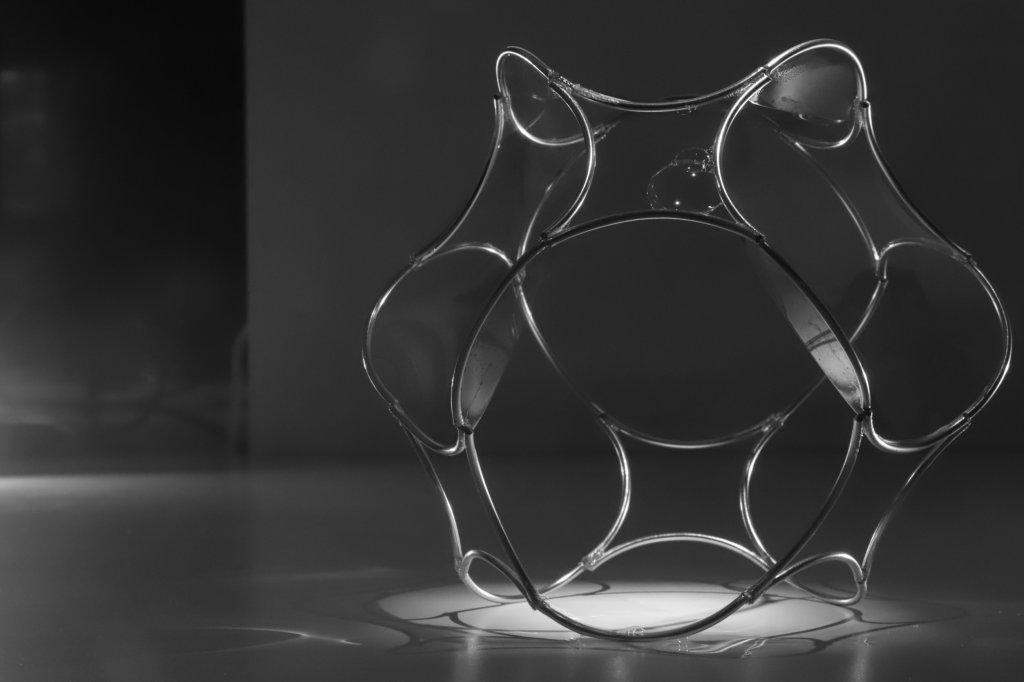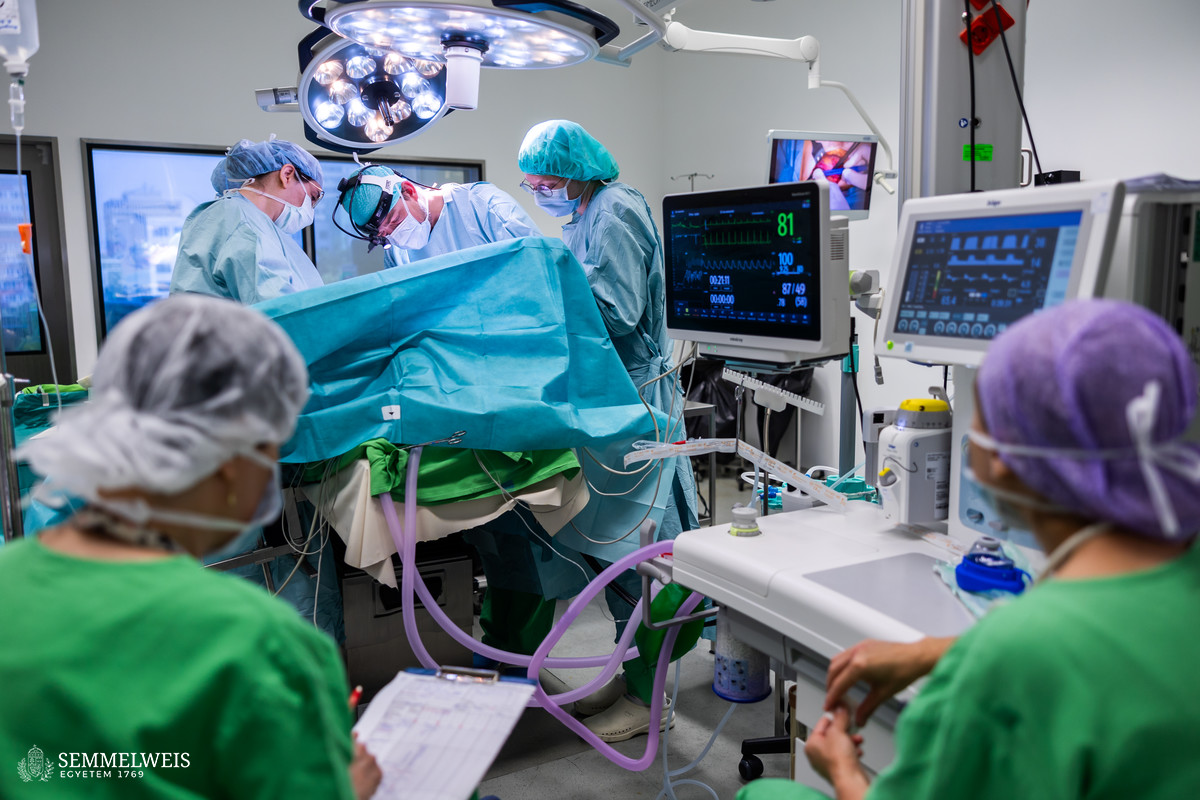From recent groundbreaking mathematical discoveries to AI-driven medical solutions, research at Hungarian universities is capturing the attention of the international scientific community. Check out how the scientists of Hungarian universities are shaping the future of biology, geometry, and medicine!
What Do Onion Skins and Zebra Strips Have in Common? New Geometric Shapes Identified by BME Mathematicians
A new geometrical shape discovered by the mathematicians of the Budapest University of Technology and Economics in an international collaboration with the University of Oxford attracted the interest of the international academic world in recent weeks. The ’ideal soft shapes’ that tile space without using sharp corners are found abundantly in nature – from sea shells to muscle cells. The findings could not only shed new light on why certain patterns are preferred by nature but could also unlock new building designs, devoid of corners. The findings have been published in PNAS Nexus.
READ MORE

Facial restoration from the shinbone – special reconstructive surgery performed by plastic surgeons at Semmelweis University
The team of the Department of Surgery, Transplantation, and Gastroenterology (STéG) at Semmelweis University now performs advanced reconstructive surgery using tissue or bone from the patient’s body. The oncological reconstructive microsurgery which is carried out in collaboration with several other clinics is not only aesthetic but also significantly improves the quality of the patients’ lives.
READ MORE

New AI-based drug recognition system developed at the University of Pécs could help hospitals
The Faculty of Pharmacy of the University of Pécs has developed an artificial intelligence (AI)-based drug recognition system that could greatly improve the safety and efficiency of drug administration in hospitals by minimising potential errors in dispensing medicines. The system is currently capable of recognising 30 oral medications, but the developers aim to increase this number to 80 so that it can be used in smaller hospitals.
The project, led by Dr Ashraf Amir Reza, assistant professor at the UP Faculty of Pharmacy, won the UP Research Innovation Award for "Artificial Intelligence-based drug recognition model and mobile application for safe administration of medicines".
READ MORE